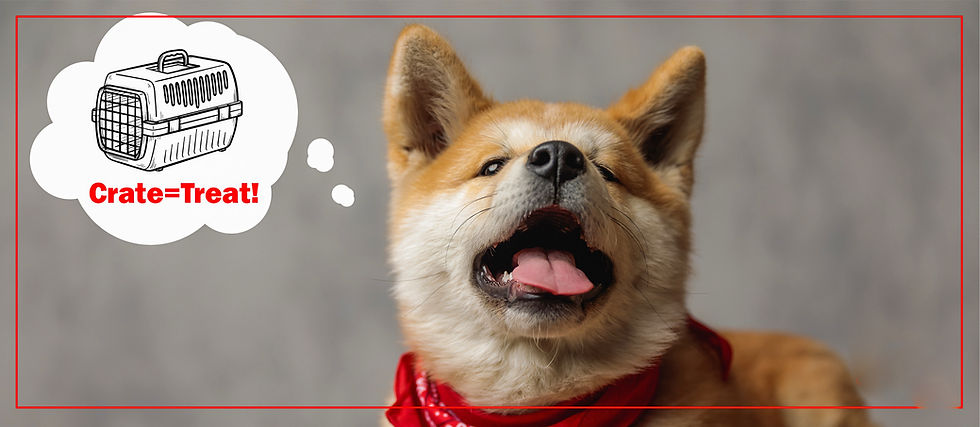POTTY BUSINESS TROUBLES
- Anastassia

- Aug 11, 2023
- 2 min read
As a breeder im used to dealing with tonnes of poop 💩 and pee and not just from cleaning the yard and my lawn. Puppies are not born programmed to know where they need to go do their “dirty business” for the first few weeks of life they don't even know how to poo or pee without gentle mama dog assistance (or human for an orphaned puppies scenario). As well as working with rescue dogs of various ages and various backgrounds and walks of life taught me a few lessons as well. 😔 Mainly that adult dogs, we not talking here about an incontinent older dog or dog that has urinary health issues, just a generally healthy adult dog, would have “accidents” inside the house is one that has been lacking the right teaching (yes teaching not training) or initiative. As the way “potty routine” is taught can make all the difference between success or ongoing mishaps/accidents which sometimes continue right through to later life 😕.
🙌 Successful potty training is not the responsibility of the dogs – it is our human/owner responsibility, our commitment and consistency to teach this in the right way.
🤔So what do I mean when I say the right way? Let me give an example of the WRONG WAY: many owners use punishment to try to teach their dogs that going inside is not acceptable. ❗️Punishment is often the main reason why potty training fails, creating more problems than it solves.
👎 Methods like shouting, smacking, being locked outside or rubbing their nose in the mess only result in fear, anxiety, stress, mistrust and confusion.
👉 When a dog is punished for eliminating inside or in the wrong place, they often associate the punishment with the action and not the location of where it is done.
Imagine your dog’s thought process that would go something like this - “Peeing or pooing is something that makes this person really angry because I get punished when I do it” - “Next time I have to go, I need to make sure that they’re not watching or find somewhere to go where they won’t see it”. You then keep taking your dog outside and wait for them to go, but nothing happens. They then come back inside and do it behind the couch, making you even more angry! Sounds familiar?🥴 So now punishment has created a fear of elimination, whether it’s outside or inside. If you think about this from a dog’s point of view, it really does make sense.
😩House training or potty training a puppy or even an older adopted dog is often time-consuming, frustrating and messy. So your two best helpers would be high value rewards and praise for going in the right place. Also do keep in mind that supervision, routines and schedules, the products used to clean up the mess (stay away from ammonia-based products) and even the surfaces your dog prefers to use are all important factors for successful training.
Teaching a potty business doesn’t happen overnight, it takes time, patience, commitment and consistency. There will be mishaps, there will be messes to clean, and there will be frustration, but as long as there is progress, you will be on the right track!






Commentaires